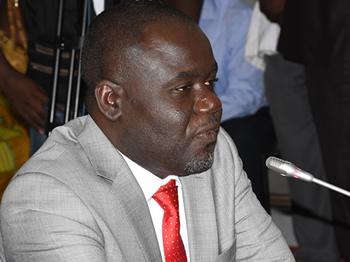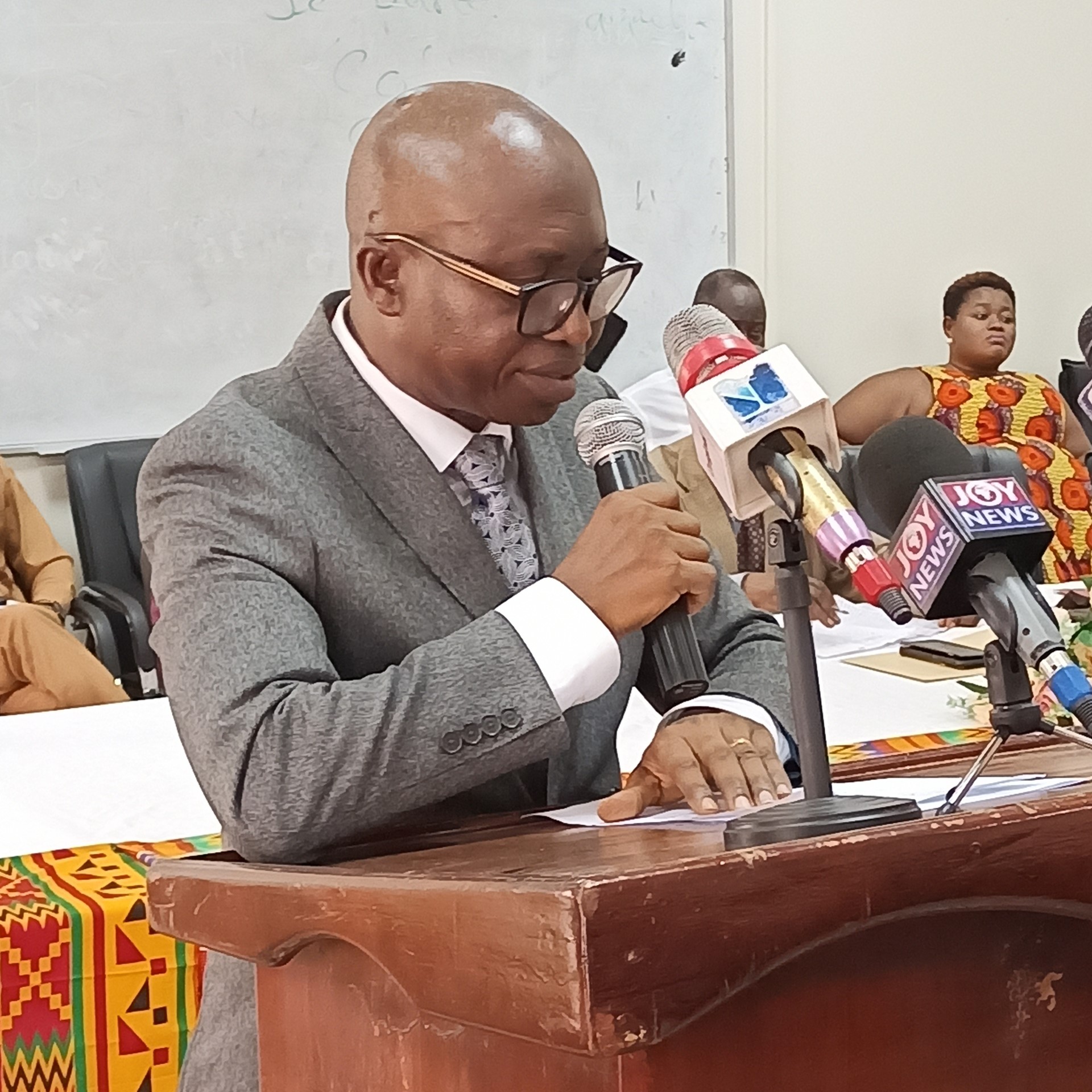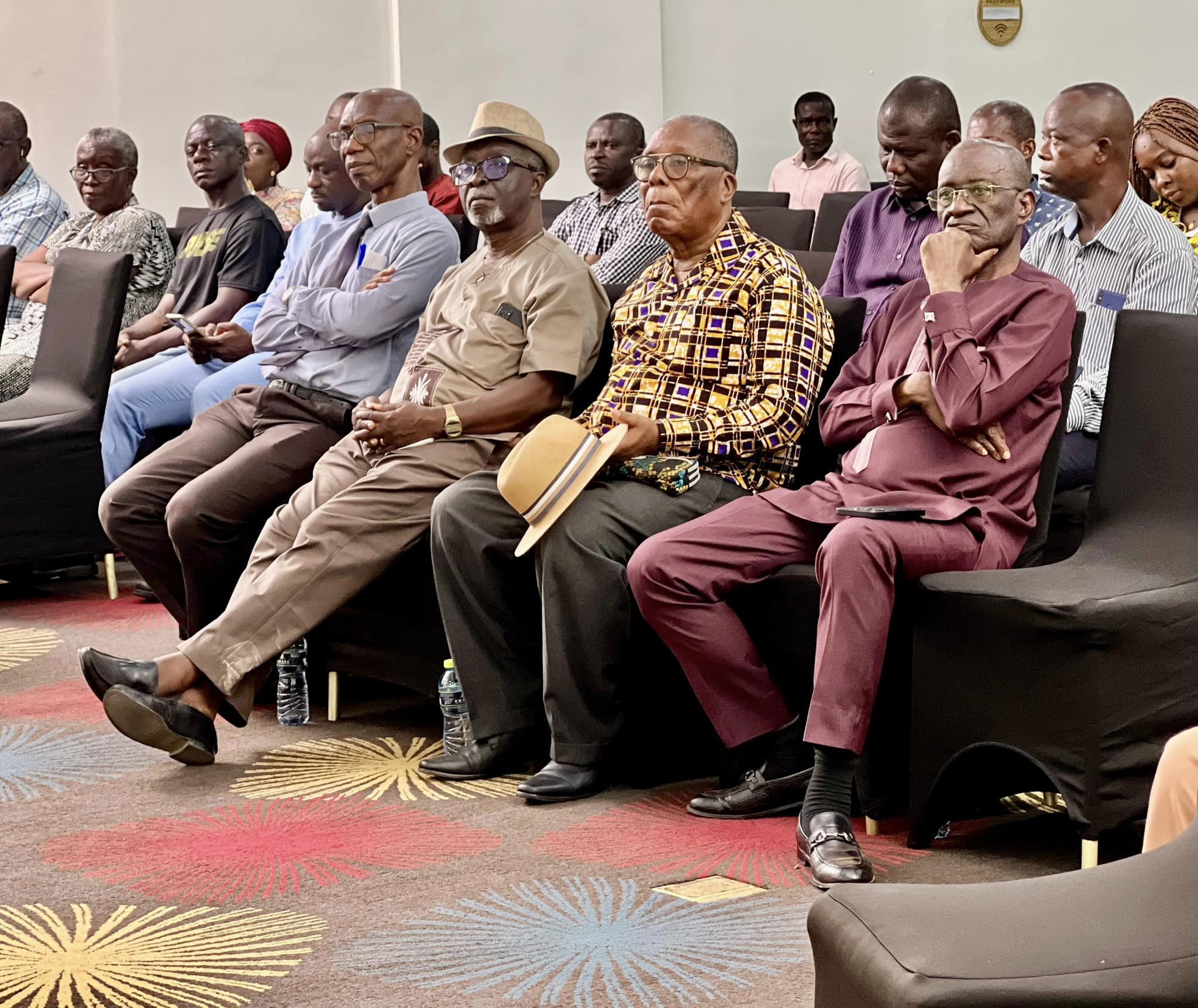
Ghana is at a pivotal moment in its pursuit of sustainable economic progress. Ongoing unemployment and continuous reliance on international lenders like the IMF expose the underlying flaws in our economy. One major contributor to these issues is our antiquated, theory-heavy education system, which emphasizes theoretical knowledge over practical, market-focused skills.
To forge a new direction, we must embed relevant skills training into the basic education curriculum-beginning from Basic 1. This is not merely a theoretical concept; numerous African countries have effectively adopted similar approaches with successful outcomes. By drawing lessons from these experiences, we can alleviate unemployment, encourage entrepreneurship, and create an economy that is resilient against external pressures.
The Relevance of Practical Skills in Basic Education
Currently, our education system prioritizes academic performance over practical abilities, leaving many young graduates unprepared for the realities of the job market. By introducing practical skills such as hairdressing, plumbing, electrical work, phone repairs, and auto mechanics from the foundational level, we can equip students with essential tools for success in both formal and informal job sectors.
Learning from Africa’s Experiences
Various African nations have made noteworthy progress by incorporating vocational training into their basic education systems, providing a potential path for us to follow:
- Rwanda: A Model for Early Skills Integration
Rwanda’s Competence-Based Curriculum (CBC), launched in 2015, melds vocational and technical training into the education framework early on. By Basic 4, students are introduced to practical skills such as carpentry, tailoring, and basic ICT. Consequently, Rwanda has seen a significant boost in youth employment and entrepreneurship. This model demonstrates that early exposure to practical skills can convert education from simple knowledge acquisition into a vehicle for economic empowerment.
- Kenya: The Competency-Based Curriculum (CBC) Transformation
Kenya initiated its Competency-Based Curriculum (CBC) in 2017 to replace the rigid, exam-driven 8-4-4 system. This curriculum emphasizes creativity, problem-solving, and practical learning. From Grade 1, students engage in hands-on activities like agriculture, home science, and basic technology, allowing them to choose technical and vocational pathways by junior secondary school. The transformation is cultivating a generation of self-sufficient youth who are ready to address local challenges and generate job opportunities.
- South Africa: Filling Skills Gaps via Technical Schools
South Africa’s Technical and Vocational Education and Training (TVET) colleges provide students with practical skills alongside traditional academic subjects. While TVET predominantly focuses on post-basic education, there is a growing emphasis on technical subjects in primary and secondary schools. Early introduction of subjects such as design, technology, and basic engineering willhelp educational outcomes with labour market demand.
- Nigeria: Utilizing Technical Colleges and Skills Centres
Nigeria’s establishment of Technical Colleges and Skill Acquisition Centres at the secondary level aims to mitigate youth unemployment. Although still developing, these programs illustrate how vocational training can be seamlessly integrated into education. Certain states have begun to introduce practical subjects in primary schools, like Tailoring, computer skills, and local crafts.
How Ghana Can Take the Lead
Taking cues from these successful African examples, we have the chance to transform our educational framework. By weaving practical skills training into the basic education curriculum, we can cultivate a generation of skilled, self-reliant individuals who are prepared to meet local and global economic demands.
Crucial Strategies for Implementation
- Curriculum Reform: The Ghana Education Service (GES) should revise the existing curriculum to incorporate vocational training from Basic 1, including subjects like electrical work, plumbing, hairdressing, and Automotive repair. We need to drop some traditional academic courses and integrate others.
- Teacher Training and Development: Educators must be equipped with the necessary skills and resources to provide practical, hands-on training. Drawing inspiration from Kenya and Rwanda, we can create specialized training programs for teachers.
- Infrastructure and Resource Investment: Schools will require well-equipped workshops and training facilities.
- Public-Private Partnerships: we can partner with local businesses, small and medium enterprises, and artisans to provide apprenticeships and real-world learning experiences for students.
- Engagement of Community and Parents: To ensure broad acceptance, communities must play a role in shaping the new educational model. Parents, who often focus on academic success, need to recognize the importance of practical skills for their children’s futures.
Breaking the Dependency Cycle
By incorporating practical skills into our basic education, we can significantly lower Unemployment rates and establish a robust economy. A skilled workforce will drive local entrepreneurship, lessen dependence on imports, and promote domestic industries. This shift will not only create immediate job opportunities but also encourage economic growth and innovation.
Most importantly, fostering a self-reliant, skilled population will diminish our need for international financial support from institutions like the IMF. Our country’s economy will thrive from within, fuelled by the capabilities and talents of its people.
Conclusion
Yes, wehave the potential to spearhead a new educational movement in Africa. We can do it now! Let’s infuse relevant skills training into our basic education system. By learning from the successes of nations such as Rwanda, Kenya, South Africa, and Nigeria, we can develop an educational model that prepares our youth to excel not only in exams but also in real-world situations.
It is time to move past an education system that prioritizes theory over practice. Let us equip our children with the essential skills they need to shape their futures and make meaningful contributions to our economy. In doing so, we will cultivate a self-sufficient nation capable of standing strong without ongoing reliance on external financial assistance. This initiative will transcend educational reform-it represents a national transformation.
WRITTEN BY:
WISDOM KOUDJO KLU,
EDUCATIONIST/COLUMNIST,
GREATER ACCRA REGION.
The views expressed in this article are the author’s own and do not necessarily reflect The Chronicle’s stance.
The post Let’s Prioritize Practical and Vocational Basic Education: Insights from Africa appeared first on The Ghanaian Chronicle.
Read Full Story



















Facebook
Twitter
Pinterest
Instagram
Google+
YouTube
LinkedIn
RSS